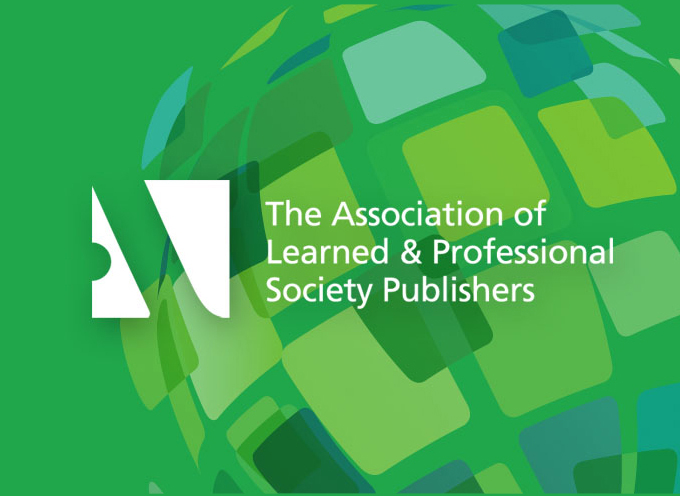
The report and toolkit are designed to help support learned society publishers to accelerate their transition to Open Access (OA), and enter into transformative agreements that unlock a multi-year transitional pathway compliant with Plan S for hybrid OA titles. Plan S, an initiative of international funders and charitable foundations called cOAlition S, seeks to move to a world where all research findings are made immediately available to all.
This work was funded by Wellcome Trust and UK Research and Innovation (UKRI) – two UK members of cOAlition S – working in partnership with the Association of Learned & Professional Society Publishers (ALPSP). It is part of a range of activity that cOAlition S partners are taking forward to support the implementation of Plan S principles. An independent study and report were commissioned in response to concerns of learned society publishers reliant on the hybrid OA publishing model and worried about the uneven availability of funding to pay for OA Article Processing Charges.
Alicia Wise and Lorraine Estelle at Information Power documented 27 business models and strategies that can be deployed by publishers to transition successfully to OA. Only three of these rely on author payments to fund article publishing.
Transformative agreements, including Subscribe to Open pioneered by Annual Reviews, emerged as the most promising. Also very useful are APC models if authors are funded and willing to pay such charges, immediate sharing of accepted manuscripts or final articles under a CC-BY license, cooperation, cost savings, and revenue diversification.
A toolkit developed as part of this project is also launched today. The toolkit forms a resource for learned societies (and other small and medium publishers) wanting to explore transformative agreements. It is being actively piloted in ongoing negotiations between publishers and library consortia. The toolkit contains templates that stakeholders can use to negotiate and execute transformative agreements. We encourage stakeholders to amend and adapt the templates to reflect aspects of their particular agreements and to suit local conditions.
Transformative agreements repurpose existing institutional spend with publishers to open content. They are promising transition models because libraries and library consortia provide the lion’s share of funding in the current publishing landscape. If this revenue stream is transformed to support OA, then journals can also transform to be fully OA. Institutional and consortial agreements are easier to administer than hundreds or thousands of author payments and provide an attractive predictable flow of revenue. They are also helpful models for publishers to use to align with Plan S because hybrid journals within transformative agreements are one of the Plan S compliant options and give more time in which to transition to full and immediate OA.
Tasha Mellins-Cohen, Director of Publishing at the Microbiology Society, said “Learned societies play a vital role in supporting researchers and contributing to a vibrant research ecosystem. We appreciate that the Wellcome Trust, UKRI, and ALPSP – via the team at Information Power – have listened to our concerns and provided opportunities to assess our options for delivering an orderly and sustainable transition to Open Access, as well as facilitating direct relationships with library consortia.”
All project outputs are available under a CC-BY licence on the ALPSP website here and at https://doi.org/10.6084/m9.figshare.c.4561397.



























